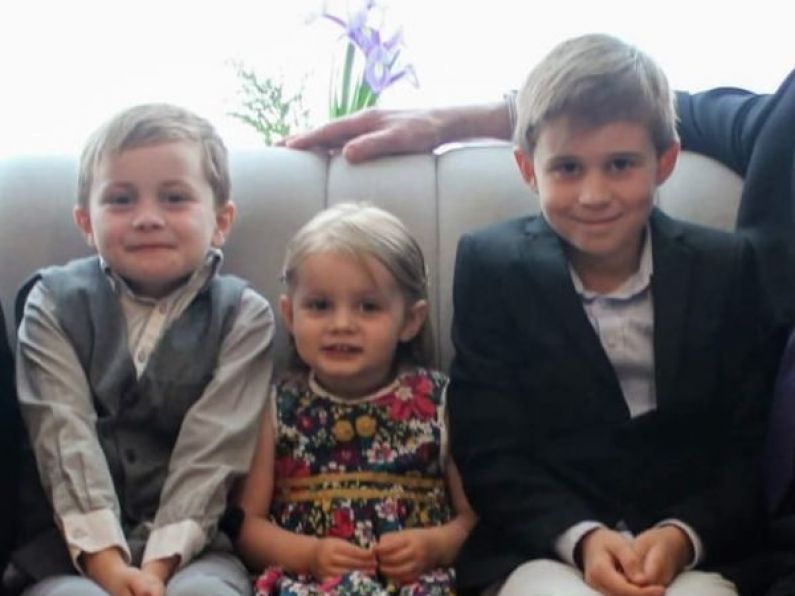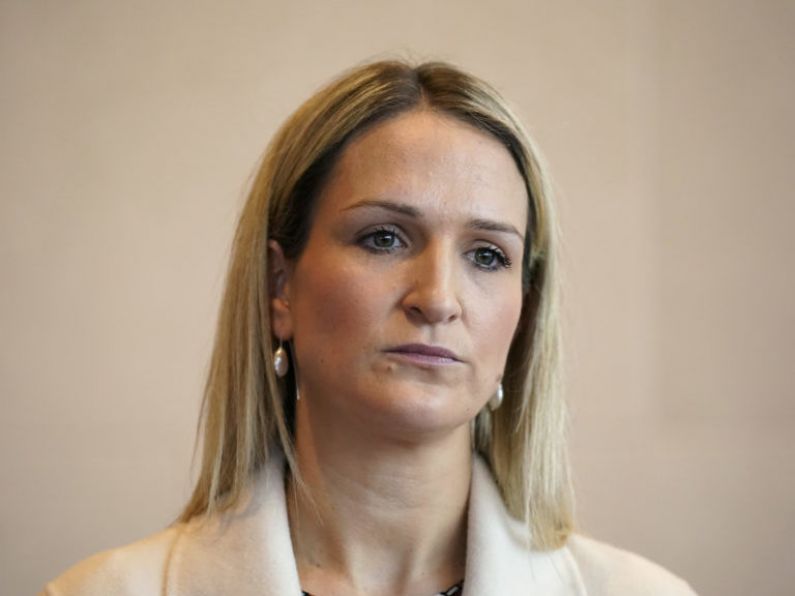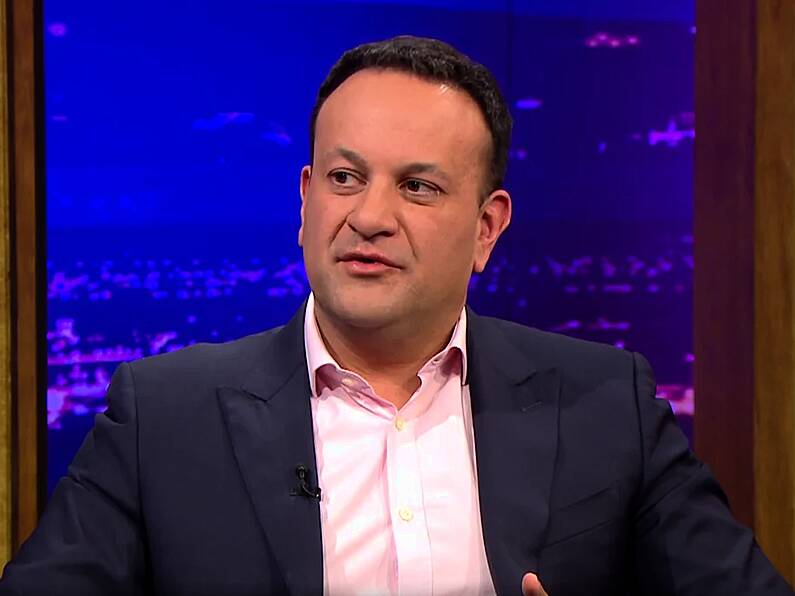The husband of Deirdre Morley has called for an urgent investigation into his wife’s care by HSE mental health services.
Paediatric nurse Morley, who smothered her three young children at their family home, has been found not guilty of their murders by reason of insanity.
Her husband and father to the children, Andrew McGinley, said: “Today’s verdict is probably the right verdict.
Everyone who knows Deirdre, knows how much she loved our children
“Everyone who knows Deirdre, knows how much she loved our children and how devoted she was to them.
“Whatever the outcome of this trial, it remains that our beloved children Conor, Darragh and Carla have died. As I write this, I’m no closer to understanding why.”
Mr McGinley thanked all those involved in the trial, and everyone who has supported his family over the past year.
'We do not want any other family to suffer as we have'
Mr McGinley said he has asked the HSE Mental Health Services for “an inclusive investigation into Deirdre’s diagnosis, treatment and medication prior to this tragedy.”
In a statement, he said: “We ask for this to be conducted as a matter of urgency. This will help us understand the insanity that took the lives of our beloved Conor, Darragh and Carla.
“We as a family need to be included in any investigation as our exclusion during her treatment has left us with many unanswered questions.
“We believe that an inclusive investigation can only serve to inform clinicians in their practice and therefore avoid tragedies like ours happening again. We do not want any other family to suffer as we have.
“In the past 20 years over 50 children have died at the hands of one of their parents. Over 60 per cent of those people were known to have had previous contact with psychiatric services.
“However the Mental Health Act 2001 does not go far enough in ensuring that the family support structures for the patient are fully engaged and included by the mental health professionals treating our loved ones.”






